Gastric Sleeve Surgery
Get Free Consultation
Chose Your Topic
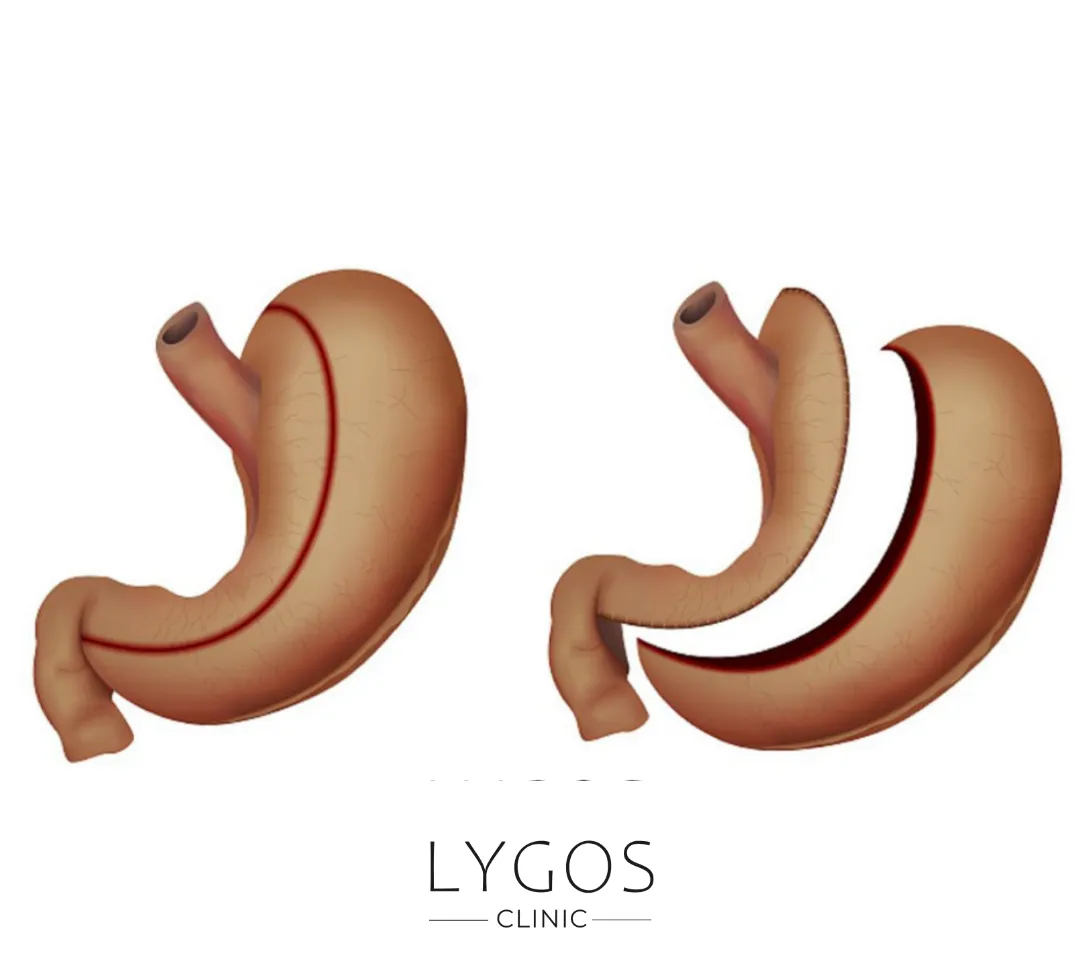
What is Gastric Sleeve Surgery?
Gastric sleeve surgery, also known as sleeve gastrectomy, is the process of shaping the stomach into a tube (tube) by a surgical procedure. Considering that most of the digestive system organs are tubular, organs such as the esophagus and intestines have an elongated structure.
However, the stomach is not tubular but pouch-shaped to provide food storage capacity. Gastric sleeve surgery is the irreversible removal of a large part of the stomach and the creation of a continuous system between the esophagus and intestines. No tube or foreign body is inserted into the stomach during the operation. This name is used because the stomach takes the shape of a tube.
It should be known that Sleeve Gastrectomy or gastric sleeve surgery is not limited to reducing the volume of the stomach. While the stomach is reduced and turned into a tube, there is a great effect on the hunger hormones secreted from the stomach. This reduces the desire for food and less hunger signals are sent to the brain. Therefore, gastric sleeve surgery does not only create a physical change. It also supports weight loss by affecting hormonal balances.
How is Gastric Sleeve Surgery (Sleeve Gastrectomy) Performed?
Gastric sleeve surgery (Sleeve Gastrectomy) is a surgical procedure performed under general anesthesia. This operation is almost always performed closed, i.e. laparoscopically. Depending on the surgeon’s preference and the patient’s condition, the operation can be performed with a single hole, 4-5 holes or with the help of a robot. These small holes do not cause aesthetic problems in the future.
During the operation, a calibration tube suitable for the diameter of the esophagus is inserted into the stomach entrance so that the stomach is not too small. Thanks to this tube, the stomach is reduced as a continuation of the esophagus, while the risk of excessive narrowing and obstruction is prevented. After taking the necessary precautions against vascularization and bleeding potential of the stomach, the stomach is cut and stapled throughout the stomach using special cutting and closing tools. When the procedure is completed, the initial calibration tube is removed.
During the operation, one or more techniques are used to test for leakage. These tests can also be repeated after surgery. In this way, possible complications can be detected and prevented at an early stage. Gastric sleeve surgery not only reduces the physical size of the stomach, but also reduces appetite by affecting hunger hormones, thus providing both physical and hormonal support to the weight loss process.
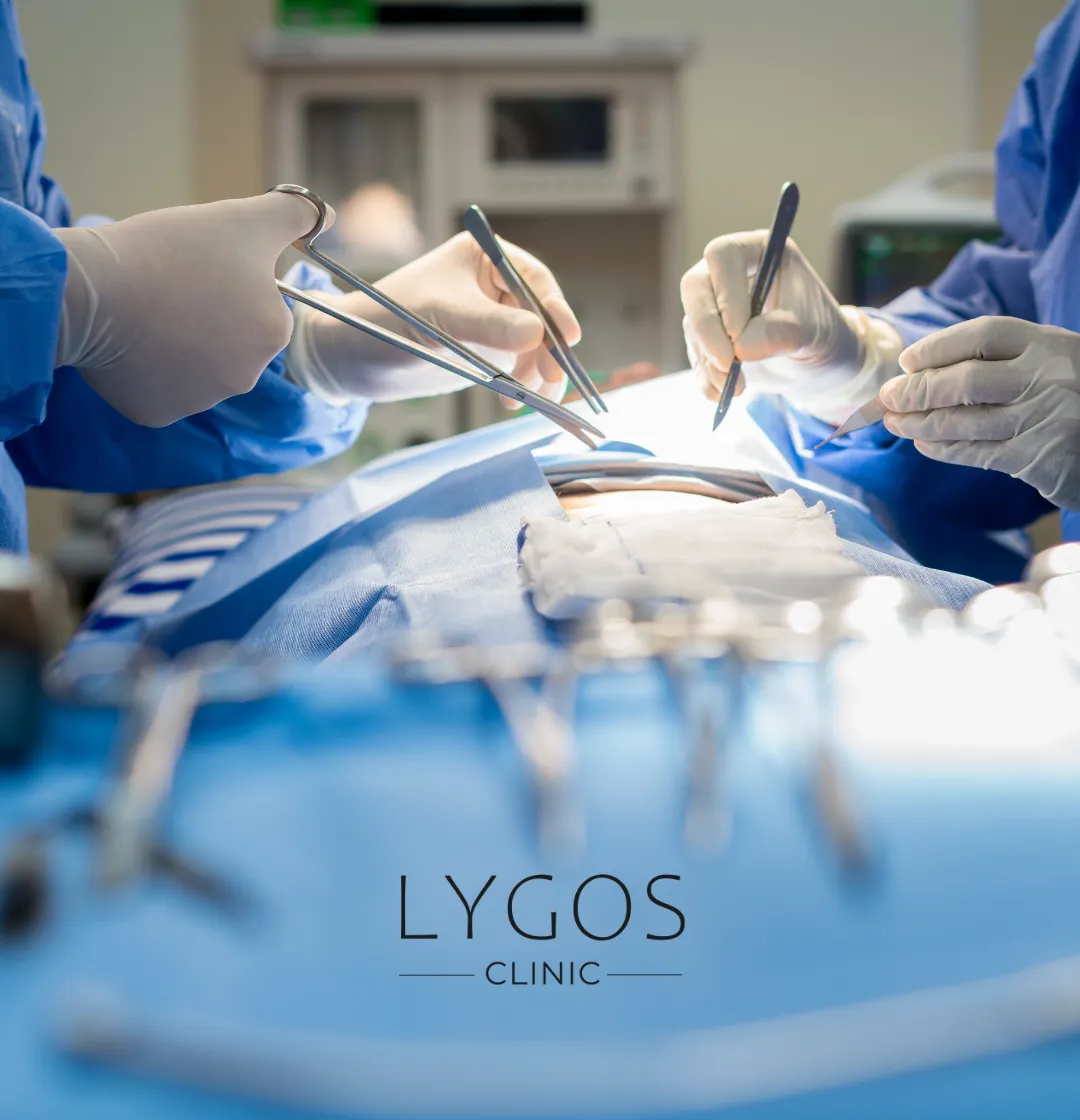

First Step
The first step is a detailed consultation between the patient and the doctor.

Second Step
Tests Blood tests, ECG, lung function tests and other necessary tests are performed.

Step Three
You may need to fast for a certain period of time before the surgery. You may also be instructed to stop or change certain medications.
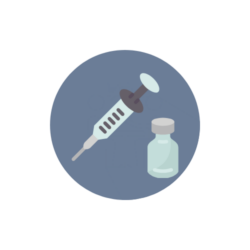
Step Four
The operation is performed under general anesthesia, so the patient sleeps during the operation.
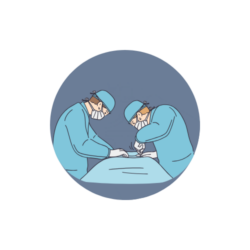
Step Five
The stomach is narrowed into a tube shape. This procedure greatly reduces the volume of the stomach and changes the capacity of the digestive system to absorb nutrients.
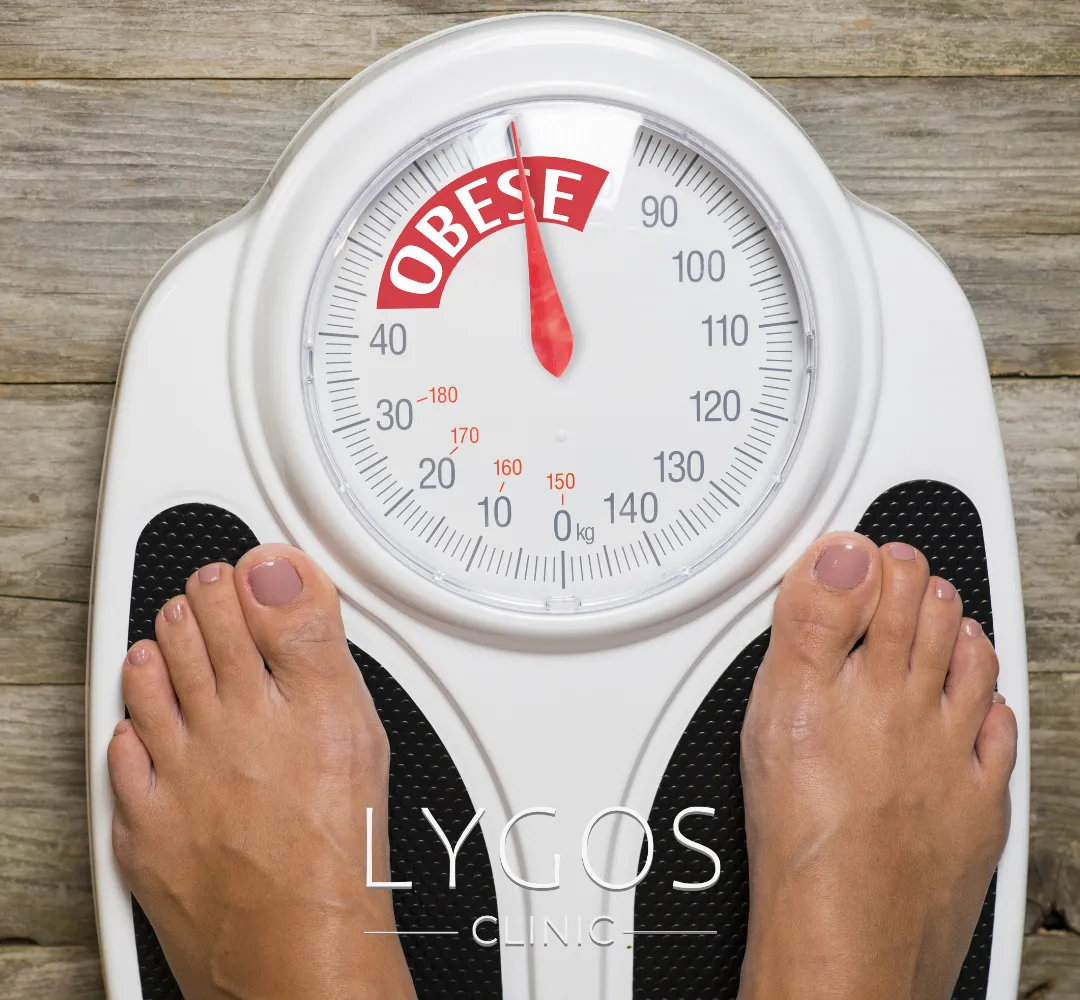
Who is Suitable for Gastric Sleeve Surgery?
Although gastric sleeve surgery is not as effective as classical metabolic surgery methods or gastric bypass surgery, it can achieve positive results in the management of Type 2 diabetes. However, gastric sleeve surgery is generally not recommended for patients with uncontrolled diabetes or severe reflux problems. In these cases, it should be considered that more effective treatment methods are available.
Gastric sleeve surgery can be converted to other surgical techniques over time. For example, with a second surgical procedure, the sleeve gastrectomy can be converted to more extensive metabolic surgical methods such as gastric bypass or Duodenal Switch. This conversion can enable patients to achieve better outcomes. It can also manage obesity-related health problems more effectively. In conclusion, while gastric sleeve surgery is an important step in the treatment of obesity, it is important to determine the most appropriate surgical method based on each patient's individual situation. Advanced surgical techniques offer a variety of options to help patients achieve their health goals.
What are the Risks of Gastric Sleeve Surgery?
Risks of Obese Patients Having Surgery
Surgical procedures on obese patients carry certain health risks. These risks include serious conditions such as heart problems, pulmonary embolism, collapse of the lungs, kidney failure and muscle destruction. These risks are not specific to gastric sleeve surgery; they apply to all surgical procedures performed on obese individuals. Therefore, obese patients should consider these risks before surgery.
General Surgery Complications
As with all surgical procedures, there may be general surgery complications in sleeve gastrectomy surgery. Complications such as bleeding and infection may occur during or after surgery. Such risks can be seen at certain rates in every patient. It is important that patients undergoing sleeve gastrectomy are informed about these possible complications and necessary precautions are taken.
Risks Specific to Gastric Sleeve Surgery
Gastric sleeve surgery also has its own risks. These are;
Reflux Problems: Some patients may develop reflux problems in the advanced stage after surgery.
Stomach Enlargement: After the stomach is shaped like a tube, the stomach may expand over time. This may cause weight regain.
Emptying Difficulty: Difficulty in gastric emptying can lead to problems such as swelling in the patient’s abdomen, nausea or vomiting.
Leakage Problem: One of the most worrisome risks in the early stages is leakage from the stomach or stitches.
Stomach and Abdominal Bleeding: Risks of gastric bleeding or bleeding in the abdomen should also be considered.
Although sleeve gastrectomy is an effective option in the treatment of obesity, being aware of the potential risks and complications and taking appropriate measures to deal with them can positively affect the success of the surgery and the overall health of the patient.
What is Good for Hair Loss After Gastric Sleeve Surgery?
Hair loss after gastric sleeve surgery is a rare condition that can be encountered. This problem is usually caused by insufficient intake of nutrients needed by the hair. One of the main causes of hair loss after gastric sleeve is protein deficiency after surgery.
Protein is an essential nutrient for keeping hair healthy and strong, so a lack of it can lead to hair loss. In addition, there are other important nutrient deficiencies that can lead to hair loss. B vitamins, folic acid, iron and zinc are nutrients that support hair health and help prevent hair loss. A deficiency of these vitamins and minerals can lead to hair loss. When this occurs, it usually means that adequate nutrition has not been provided in the postoperative period.
When hair loss occurs, the best approach is to regularly check the patient's blood values. Blood tests help to determine which nutrients are missing. Replacing deficient vitamins and minerals can be effective in the treatment of hair loss. Dietary adjustments and necessary supplements play an important role in restoring hair health.


Gastric Balloon
Gastric balloon is a temporary device that is inserted into the stomach endoscopically. This balloon fills part of the stomach, providing a faster feeling of satiety. This leads to less calorie intake and therefore weight loss. A gastric balloon is often seen as a less invasive option for treating obesity and may be suitable for patients who do not have severe obesity.
Gastric sleeve surgery, on the other hand, is a more permanent treatment that involves the surgical removal of a large portion of the stomach. This procedure reduces the volume of the stomach and usually results in faster and greater weight loss. However, gastric sleeve surgery carries the risk of serious side effects and complications. The effectiveness of the gastric balloon and gastric sleeve surgery methods may vary depending on individual factors, the person’s general health status and lifestyle changes.
The gastric balloon usually offers fewer side effects and a faster recovery process, while gastric sleeve surgery provides greater weight loss. However, there is also a longer recovery period and a higher risk of complications.
Gastric Sleeve Surgery
Those who have gastric sleeve surgery live a healthier life. Protection of the digestive system also prevents possible problems. At the same time, patients who can perform basic functions comfortably start to live a healthy life. People who get rid of situations that put their health at risk, such as joint pain and difficulty breathing, realize that a different life awaits them.
Apart from the above-mentioned details, the change experienced after surgery also affects those who undergo gastric sleeve surgery psychologically. Patients who have a fit appearance play a more active role in their social lives as they improve both health and aesthetics.
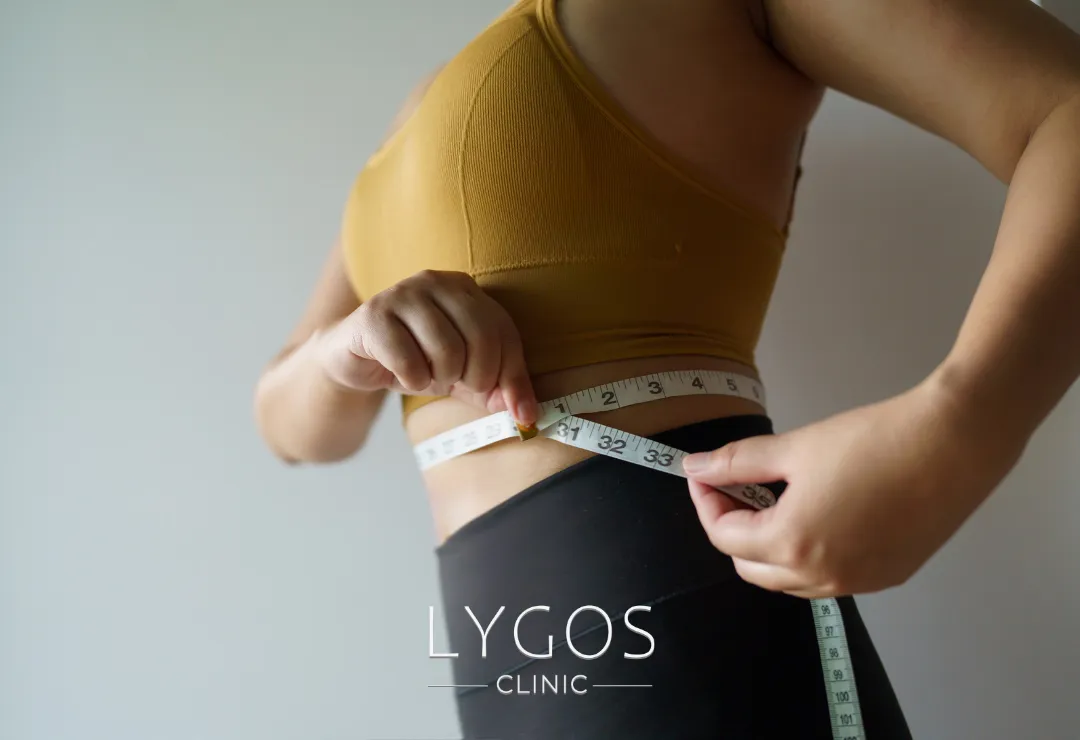

Nutrition After Gastric Sleeve Surgery
Nutrition after gastric sleeve surgery is very important. Therefore, it is necessary to make dietary and lifestyle changes for a healthy and successful recovery. The correct eating habits applied after surgery support weight loss and protect the general health status. So, how should nutrition be after gastric sleeve surgery?
The first step is to avoid carbonated and bubbly drinks for life. Such drinks can cause the stomach to expand and make digestion difficult. Only liquids should be consumed for the first 10-14 days after surgery. During this period, nutrition should be provided without straining the digestive system. It is important not to consume liquid and solid foods at the same time. This relaxes the digestive system and allows nutrients to be processed more efficiently.
Since the patient can only consume a very small amount of food after gastric sleeve surgery, the food intake should be of high quality. It is especially useful to focus on animal and vegetable protein sources. Protein-rich foods such as chicken, fish, turkey, eggs, cheese and yogurt should be prioritized. Salads of vegetables and greens, fruits and nuts also play an important role in the diet. These foods are rich in vitamins, minerals and fiber and are essential for general health and digestive health.
It is recommended that a qualified dietitian and, if necessary, an endocrinologist regularly check the diet. In cases of dietary disharmony, professional psychological support may be necessary. Especially when there are foods that the patient does not like, it may be necessary to determine the correct and appropriate foods recommended by the specialist team. In cases where nutrition is insufficient, mineral, protein and vitamin supplements may be used.
After gastric sleeve surgery, vitamin B-12 may not be absorbed sufficiently in pill form. In this case, vitamin B-12 from food may also not be sufficient. To avoid this problem, B-12 supplements can be taken as sublingual pills, sprays or injections. Nutrition and lifestyle changes after gastric sleeve surgery are key to maintaining a healthy life. Each step is critical for overall health and success of the surgery.
Before and After Gastric Sleeve Surgery
The change that occurs before and after gastric sleeve surgery manifests itself in many aspects. This procedure, which is one of the most ideal methods for the patient, generally does not cause any health problems if the doctor controls are regularly attended. It also protects the basic functions of the body. This allows the patient to continue his/her life smoothly before and after gastric sleeve surgery.
People who complain of joint pain and cannot go out can get rid of their problems thanks to this method. The patient, who turns into a different person before and after gastric sleeve surgery, gains a fitter and healthier structure. In this way, he also regains his self-confidence.


Gastric Sleeve Surgery Costs
Gastric sleeve surgery costs vary according to the needs of the patient. If the patient’s problem is treated with different methods, the costs are determined accordingly. At the same time, health problems experienced by the person can also affect the costs. Gastric sleeve surgery costs may increase according to the size of the patient’s problem. The cost of surgery performed by a specialist is higher.
Therefore, it should be carefully decided which doctor will perform the procedure. Gastric sleeve surgery costs also vary depending on the quality of the hospital. Costs are usually higher in a hospital with high quality and state-of-the-art equipment. However, it should not be forgotten that the success rate will also be reflected in the costs. Therefore, gastric sleeve surgery costs can increase with the right choice of hospital and doctor. If you want to get more detailed information about the subject, you can contact Lygos Clinic’s expert team.
Get a quote for sleeve gastrectomy
Frequently Asked Questions About Gastric Sleeve Surgery
BLOG

Is Breathing Through the Mouth Harmful?
Chose Your Topic Is Breathing Through the Mouth Harmful? Breathing is one of the most fundamental needs of life. However,

Does Rice Water Make Hair Grow? | Benefits of Rice Water
Chose Your Topic Does Rice Water Make Hair Grow? Natural methods in hair care have become quite popular in recent

Breast Lump | Types: Benign, Malign and Causes | LYGOS 2025
Breast Lump While cancer stands out as one of the most common health problems today, early diagnosis rates are also





